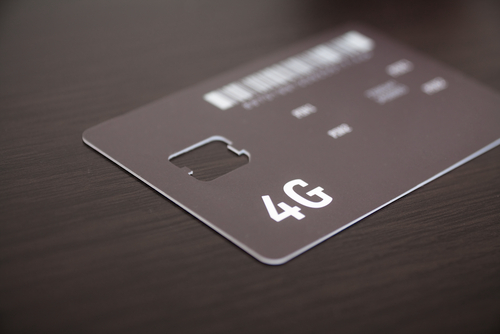Mobile operators in the UK might consider switching off their 3G networks before they dismantle their 2G infrastructure, according to a new report, which says the increased appeal and affordability of LTE in developed markets will cause many operators to redirect resources towards 4G.
Researchers at Ovum say that although some GSM and CDMA networks are being switched off in the US and in Asia, it is unlikely that operators in developed countries will consider a full shutdown until at least 2020.
3G switchoff
 “For operators in transition, there are key revenues – M2M, voice and roaming – that need to be considered in the trade-off when determining the optimal time to close the network,” said Ovum principal analyst, Nicole McCormick. “The amount of 2G, 3G, and LTE spectrum an operator has can also affect timing.”
“For operators in transition, there are key revenues – M2M, voice and roaming – that need to be considered in the trade-off when determining the optimal time to close the network,” said Ovum principal analyst, Nicole McCormick. “The amount of 2G, 3G, and LTE spectrum an operator has can also affect timing.”
By the end of the decade, the quality and coverage of LTE networks is predicted to have increased considerably, while the first commercial 5G networks are expected to be in their infancy.
Although 2G and 3G services might still generate revenue for operators, the cost of maintaining a legacy network for an ever-dwindling number of users would also have to be a consideration. But Ovum says it might be 3G that gets the chop first.
“Ovum believes that in some markets 3G networks may see closure before 2G ones. 2G is still an important source of revenue,” added McCormick. “LTE provides a better mobile broadband experience than 3G, and with VoLTE, LTE can handle the voice responsibilities of 3G. This points to the possibility that operators opt to close their 3G networks before they close 2G.”
In the UK, all four major mobile operators have committed to invest a combined £5 billion in their mobile networks to ensure that 90 percent of the UK’s geographic area can receive at least a basic voice and text service by 2017. Full coverage, including data services, will expand from 69 percent to 85 percent.
What do you know about UK mobile operators? Find out with our quiz!





